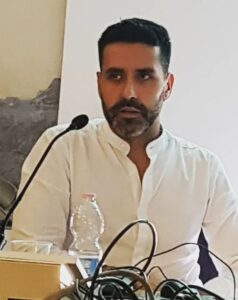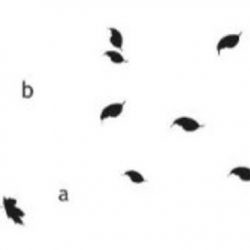Página personal del Dr. Luis PABLO NÚÑEZ
Profesor en el Departamento de Lengua Española
de la Universidad de Granada (España)
Department of Spanish Language
Département de Langue Espagnole
Université de Grenade (Espagne)
University of Granada (Spain)
Docencia / Enseignement / Teaching
Investigación / Recherche / Research
- Libro El arte de las palabras
Proyecto ExploLEX / Project - Jornadas BIL.LEX23
Exposición de diccionarios - Otros proyectos / D’autres projects / Other projects
PERFILES
ORCID: https://orcid.org/0000-0002-6491-6873
Web of Science / Scopus / CVN (2023)
Dialnet / Instituto Cervantes / Academia.edu
Digibug UGR / Digital CSIC / Scholar / Elmcip
Portal Investigador UGR
Portal EnClave Poética (YouTube)
Twitter

